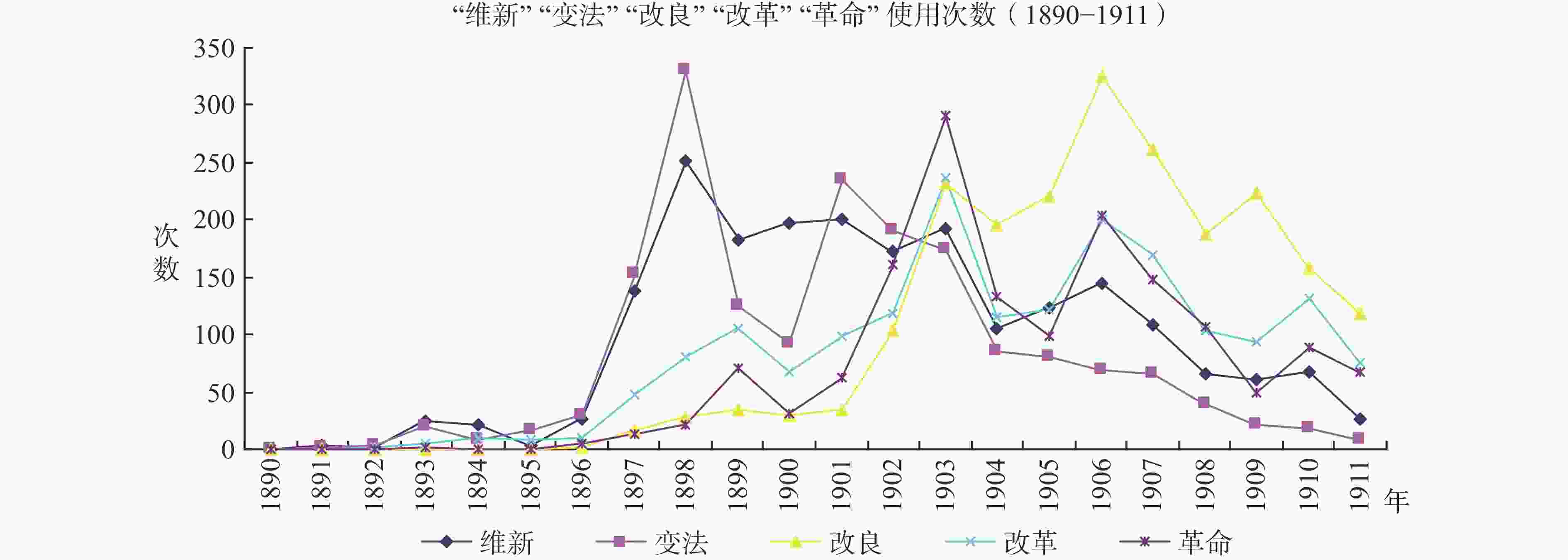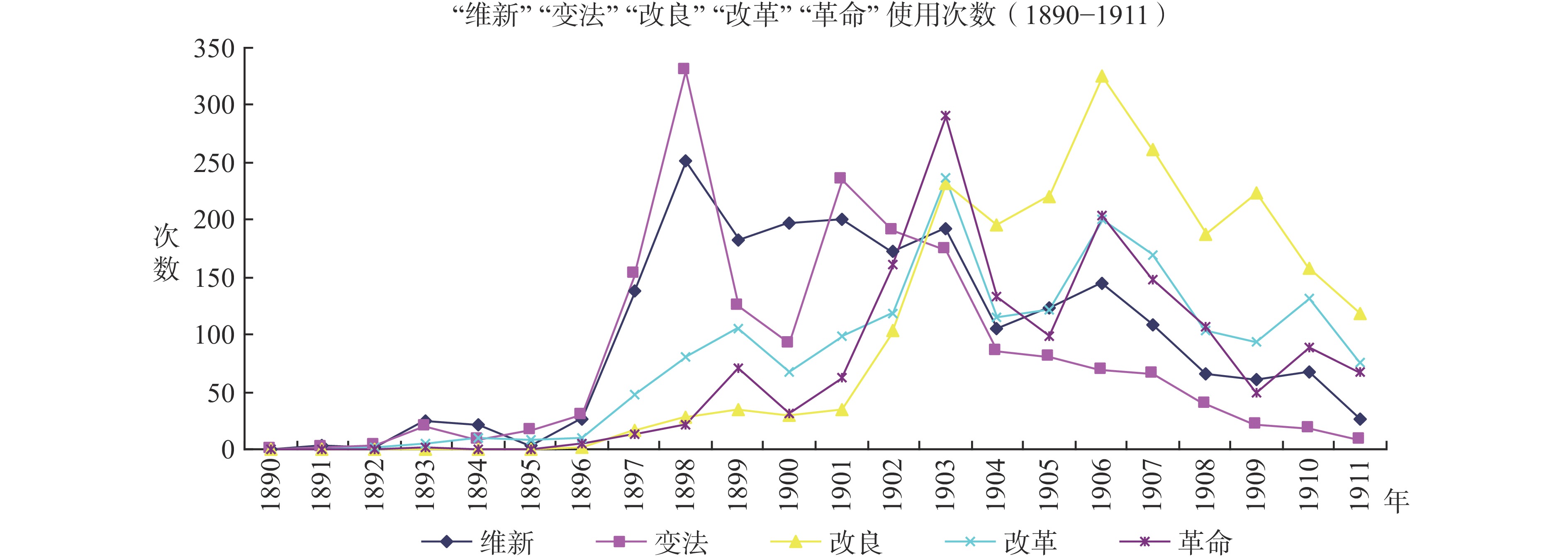中国近代“维新”概念的建构
作者简介:宋雪,北京大学中文系博雅博士后(北京 100871)
摘要: 戊戌变法在效仿日俄变政的同时,也引进大量新名词、新思想。接续“旧邦新命”的价值传统,吸收明治维新的思想资源,兼及作为“reform”的中译名,晚清的“维新”概念集中了多重意涵。依据近代报章的阐述、域外学说的引入、辞书条目的变化等材料,借助概念史、文化史的研究方法,剖析“维新”作为“新名词”与“关键词”的意义,考察知识的流转互动和语词背后的思想变迁,有助于探求近代知识空间的形塑历程。
The Construction of the Modern Chinese Concept of Weixin (Reform)
- Available Online:
2020-03-01
Abstract: The Reform Movement of 1898 not only imitates the political reforms of Japan and Russia, but also introduces a great deal of Western and/or Japanese terms and concepts into China. Inheriting the traditional values of Classic of Poetry, absorbing the ideological resources of Meiji Restoration in Japan, and as the translation of “reform”, the concept of “weixin” (“维新”, reform) has multiple meanings in modern China. As a “new term” and an important “keyword”, this concept was not confined to national or cultural boundaries; to some extent, the complex evolution of this term embodies the cultural dimension of global history. The present article draws upon relevant articles in the news, encyclopedic entries, and important debates at that time. By means of a thorough examination of these historical documents, this article intends to display its historical development in detail, and aims to explore the cross-cultural journey as well as the ideological transition of the concept of “weixin”.



 下载:
下载:



 沪公网安备 31010102003103号
沪公网安备 31010102003103号